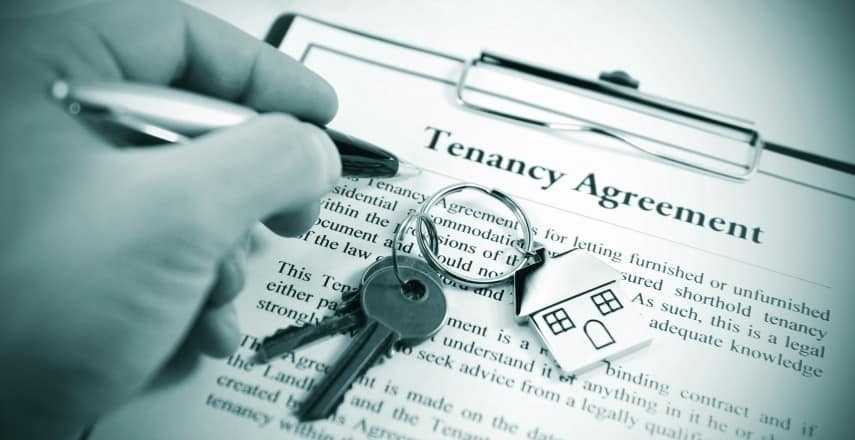Being a renter can be difficult, particularly when you’re first getting started. We’ll walk you through all of the necessary landlord chores, from discovering and evaluating tenants to writing and enforcing a lease agreement and making payments online.
Start with these essential pointers for first-time landlords:
Understand the local Law
Is it allowed in your area to charge late fees? What is the maximum amount you can legally demand as a security deposit? What is the minimum amount of notice required for entry? Do you know where to begin evicting a tenant if you had to?
Landlord-tenant legislation varies a lot from place to place, so it’s crucial to know the rules in your area. Knowing and observing the law is not only the correct thing to do, but it may also allow you to stay overboard when problems arise.
A judge may dismiss your lawsuit if you need to evict a renter but choose not to follow the required processes to provide full notice. Following the rules will also give you greater confidence when dealing with your tenants.
Understand your legal rights
Understanding your rights will help you defend yourself from unjust treatment, so doing some homework on the subject before renting a rental property is a good idea. It is important to know the rights of your tenant as well. As a tenant, for instance, the law states that you should be permitted to:
- Uninterrupted living in a property
- Have a signed contract that is both fair and legal.
- When the tenancy ends, get your deposit refunded to you.
- View a certificate of energy efficiency.
- Defend yourself against extortionate rent and eviction.
- You should live in a safe and well-maintained home.
Sign a Lease agreement
You must sign a lease agreement with the tenants, piece by section, to ensure that they fully comprehend what they are signing. You and the renter should make a written rental contract after going over the final deal with the renter and addressing the issues.
Create a written agreement instead of an informal agreement. It’s tough to prove a verbal agreement in court since everyone remembers it differently. On CocoSign, there are many agreement forms to choose from. To get started with CocoSign, create a free account.
The landlord’s and resident’s contact details, the duration of the agreement they have agreed to, a description of the rented flat, the security deposit, the amount of the rent, the monthly timeframe, method of payment, bank details, the rate of annual rate increases, and the advance payment made by the tenant are typically included in a lease contract.
CocoSign is your best buddy if you need a rental contract or proof of residency document. It has everything a person requires. Cocosign is a well-known company used to engage and sign free agreements online in more than 200 countries and territories. Do not forget to get proof of residency on CocoSign before getting started.
Make sure to verify referrals and background checks.
Please ensure that every potential tenant over the age of eighteen signs paperwork authorizing you to do a background check on them. You might also ask the tenant to cover the cost of the background check.
Check for warning signs on credit records, like late payments, low credit scores, and foreclosures, that are red flags for potential tenants. Check to see if the potential resident’s late payment and foreclosure difficulties have been resolved and whether the situation has improved.
Consider any specific requests.
There are times when a renter may have a unique request or set of needs. Here are several examples:
- Painting the home a specific color
- Installing a washer and dryer before moving in
- Getting a housing voucher from the government
- A handicap that necessitates the use of a service animal
Get a refundable security deposit.
Receiving a security deposit shows that how well the tenant looks after your home. It also motivates the renter to maintain the property in the same state as when it was first leased.
If the renter fails to maintain the property or destroys it, you may well be capable of keeping a part or all of the deposit to cover the cost of repairs or extra maintenance. When the renter initially moves in, have them fill out a Renter’s Evaluation Sheet to avoid disagreements over the apartment’s first state.
Understand important lease terms such as rent, maintenance, and utilities.
Make sure to consider and adhere to the lease’s terms. If you produce a document and then violate its conditions, your tenant may file a small claims lawsuit against you, and you may be held accountable.
You may potentially face repercussions from the local housing authority. Furthermore, breaking the lease terms (for instance, failing to maintain the house) makes it more challenging to implement the lease’s requirements that you just want the tenant to follow, such as paying the rent every month.
